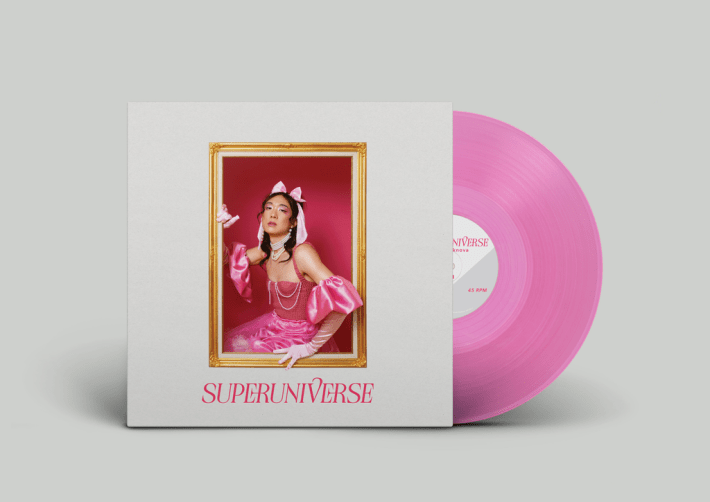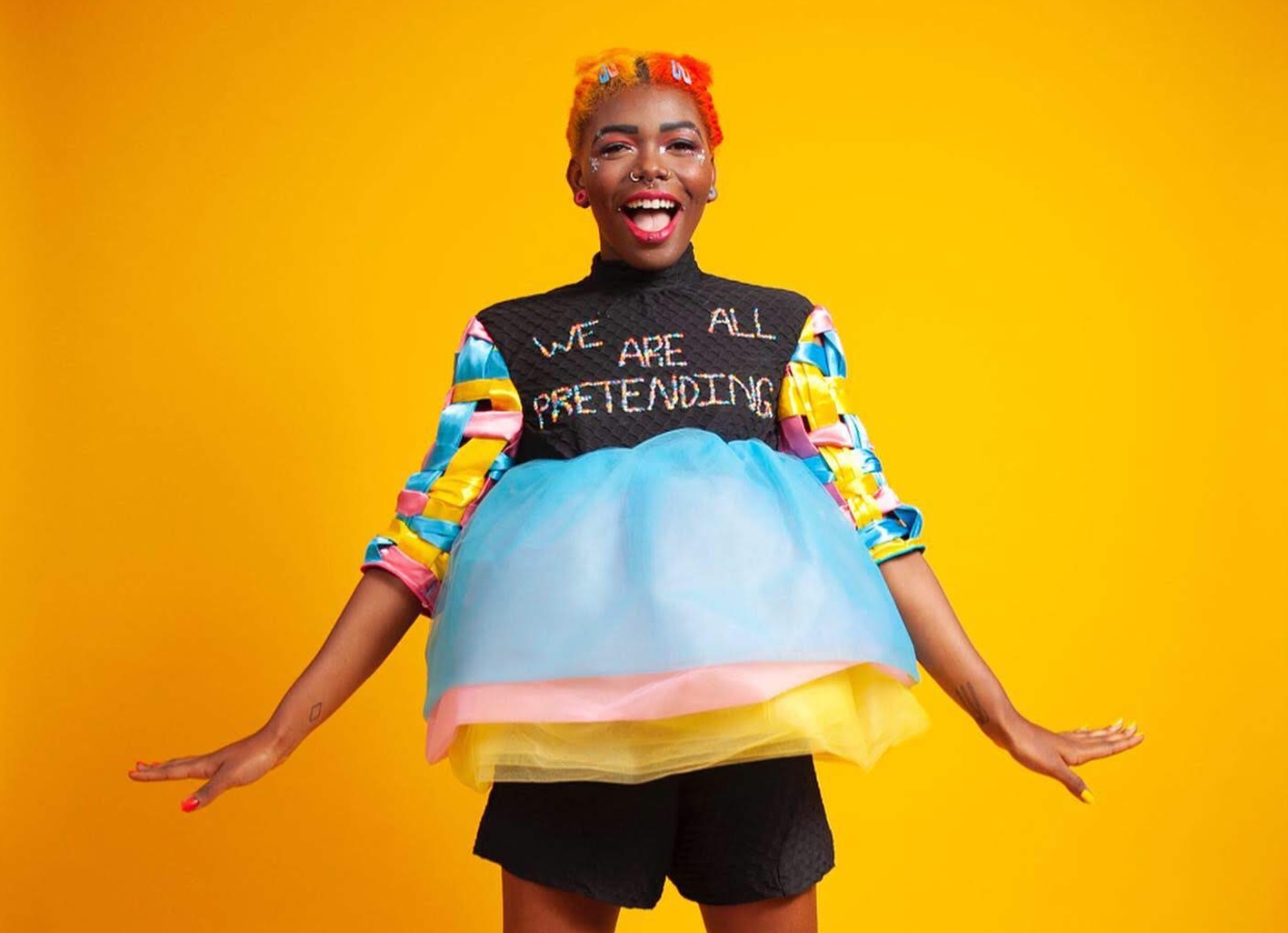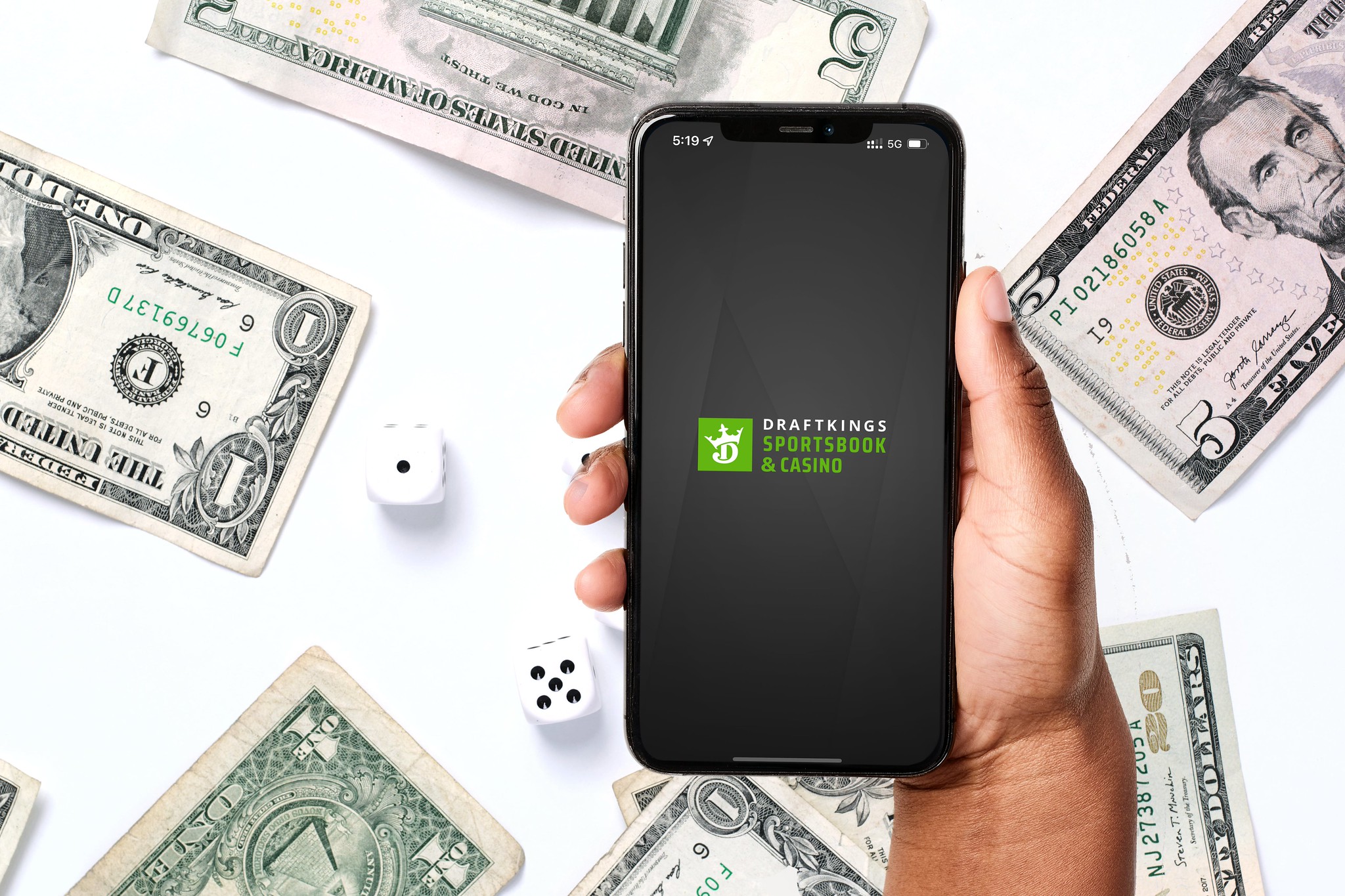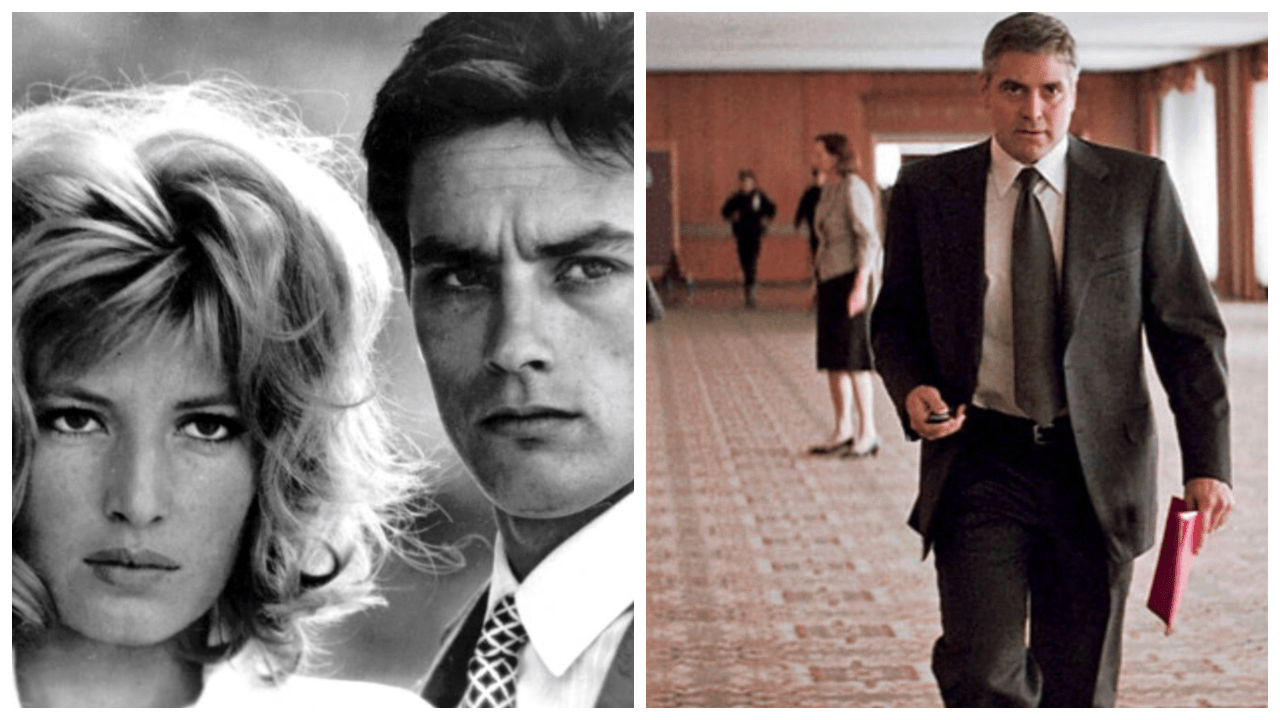Racket collaborated with the Bethel University Arts + Culture Reporting class to produce the stories you'll read this week. Our editors worked with students, mostly juniors and seniors, to develop ideas, source stories, and edit them for the enjoyment of readers. Feel free to seek out these young journalists, photojournalists, and graphic designers to fill your internships and jobs. They like to get paid for their work, and thanks to Racket members and a grant from Bethel, they got cashed out for these pieces. Enjoy!
Hawwaa Ibrahim designed her first outfit at age 12 using her mother’s old hijabs. She spent her teen years in Chicago and Mankato, learning to make clothes via YouTube DIY videos and sharing what she made on her fashion blog.
At 15, Ibrahim saved up just enough from a fast-food gig for a plane ticket to New York City. As someone who fits her own norm—Black, Muslim, and queer—she learned early on to trust herself and her ideas. “[The experience] taught me, who do you have but yourself?” she says.
Ibrahim was cast in the second season of Project Runway Junior her senior year of high school, where she placed third. Judge Kelly Osbourne called her final designs “unique and special in a whole new way.”
For college, Ibrahim made her way back to NYC to attend the Fashion Institute of Technology. There she started her brand, HAWWAA Studios. She learned how to design websites, ship designs, and price materials from her tiny dorm room, which she shared with a roommate.
“I was in my flop era,” she jokes.
But Ibrahim found ways to overcome obstacles, like the time she booked a venue for a design photoshoot. The studio had lost her rental application and she was turned away at the door. She had a good cry about it, then headed to a nearby park for an impromptu shoot.
“There are a lot of tears when it comes to fashion,” Ibrahim says. “But they turn into happy tears eventually.”
After graduating in 2021, she moved to Minnesota. These days she wakes up ready to start her routine: responding to emails, crocheting, checking her website. It’s a one-person fashion show, but Ibrahim gets it done.

“If you slow down, your business slows down,” she says. Still, she admits to making time for herself and her mental health by playing Hogwarts Legacy and dancing in her room to Marina.
For Ibrahim, maintaining authenticity and being open to experimentation are what push her to learn as an artist and try new things that could help her brand grow. In Minnesota, she saw how music intertwined with the art scene, including fashion. She soon started taking inspiration outside of her own industry.
“Lowbrow art and pop surrealism… and music that's kind of alternative can inspire me from different angles," she says. "As long as it's a specific niche or vibe, anything can inspire."
Last year, Ibrahim was asked to design an album cover for NYC indie-pop artist SuperKnova. Together, their aesthetics and vision for the shoot—playful coquette and frills—just clicked. Ibrahim says this milestone in her career was a jump worth taking.

“Now is the perfect opportunity to be taking risks—using your voice as a writer, a designer, a journalist, or whatever you want to be,” Ibrahim says. “With the world being so unpredictable, I think people want to hear and see people [risking something].”
The fashion industry, specifically fast fashion, contributes significantly to pollution and waste. About 85% of all fabrics end up in landfills and release 500,000 tons of microfibers into the ocean each year, according to a 2018 study from the United Nations Economic Commission for Europe. Ibrahim often asks herself, “Am I going to be contributing to this?”
Her work has always emphasized sustainability. Without tons of money for new materials, she makes clothes out of second-hand fabrics from thrift stores or unused textiles she finds around the house. Everything is homemade, with Ibrahim cutting out and sewing the pieces and then posting her creations on social media to sell. No waste, no big company names, and no outsourced work. It’s all Ibrahim.
She also aims to create thought-provoking work, including garments that hold symbolism from her childhood, her religion, and her own experiences. One particular design that caught peoples’ attention recently: a two-piece set with the words “we all are pretending” scrawled across the front. Ibrahim says she enjoys sparking discussions about the fashion industry and the world in general, often asking herself, “What do we want to contribute to avoid past mistakes?”
Ibrahim's designs are crafted with comfort and durability in mind. “The ever-changing evolution of our body is like, you want to wear something, buy it once, and be able to wear it through different journeys in your life,” she says.
Instead of fast fashion and luxury brands, Ibrahim encourages people to feel confident in designs that don’t fit the norm, with hopes of normalizing feeling confident in clothes that represent the person, not the world around them.
Bella Haveman is a junior art and English major with an emphasis on creative writing at Bethel University.






